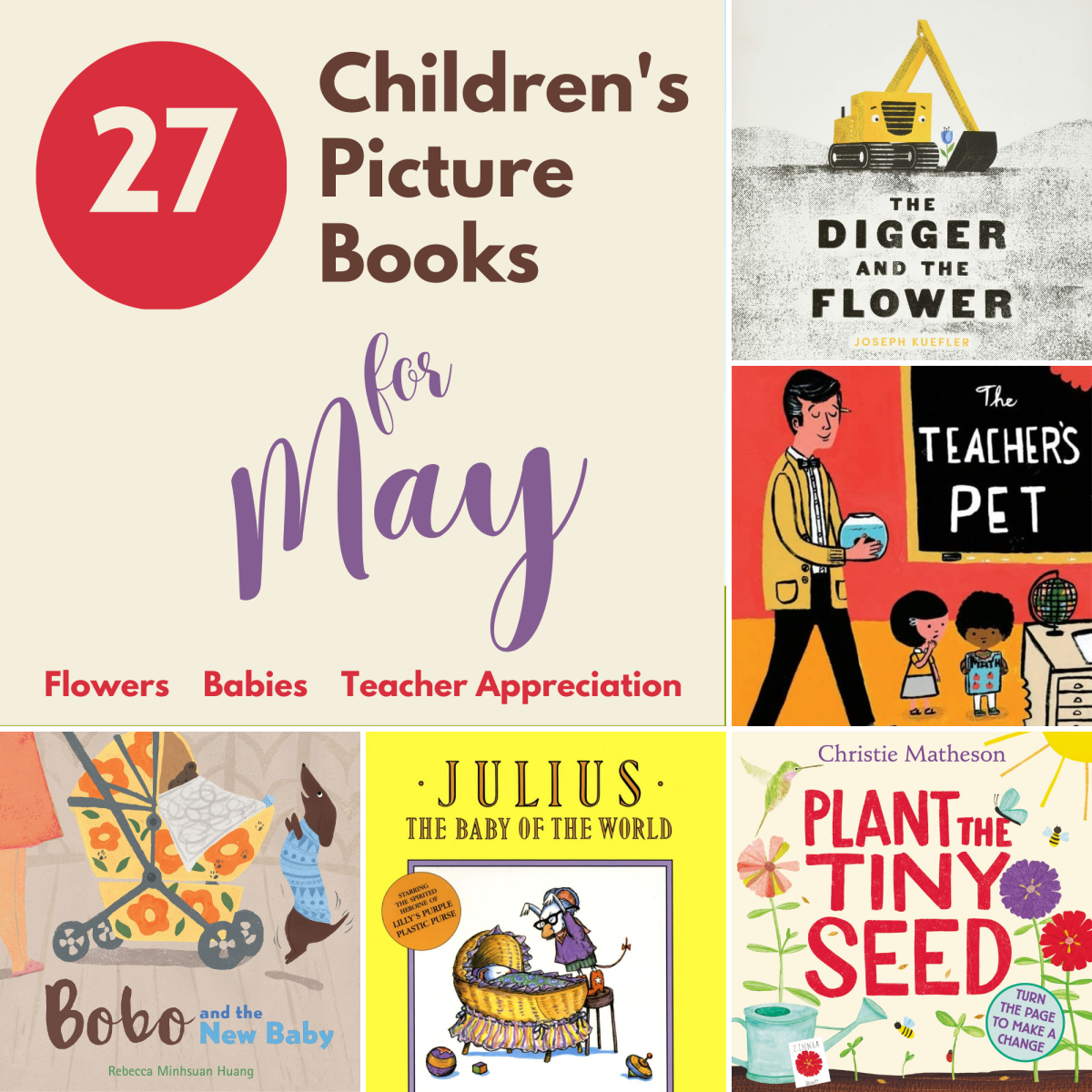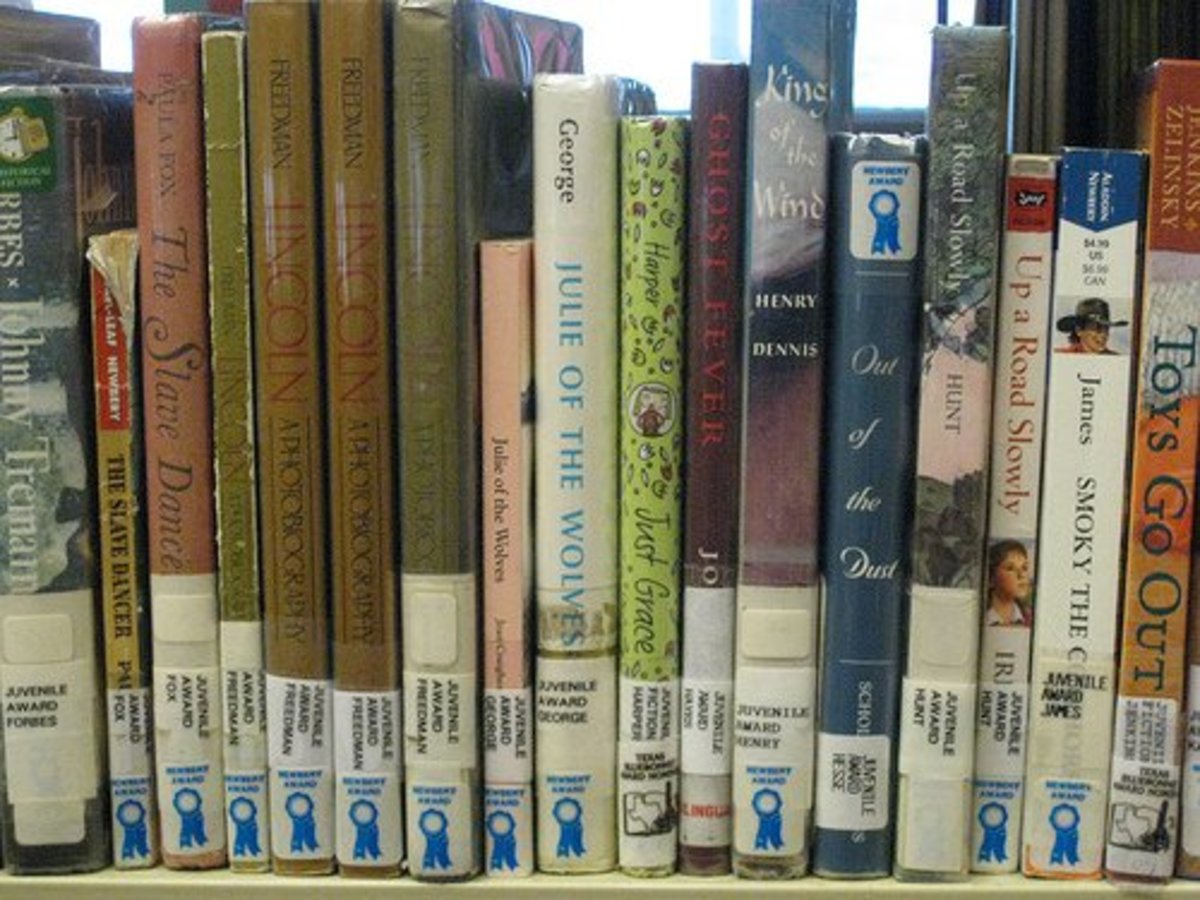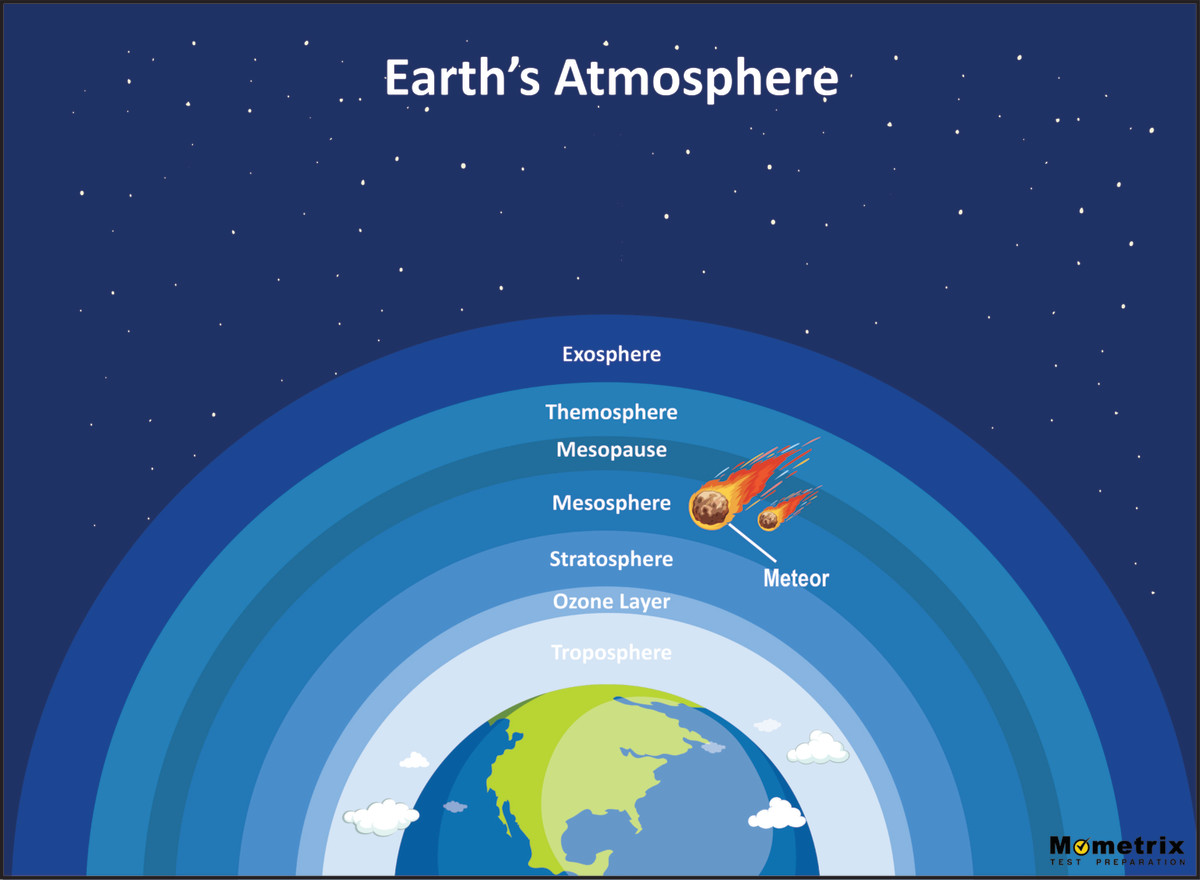When Should Children Start Studying Music

Wondering if it's the right time to start providing music lessons, or even exposure to music? This article provides a collection of research studies that support getting started from the very beginning, followed by practical ideas and resources to get started.
Music Study for Infants
T. Christina Zhao, postdoctoral fellow at the University of Washington in Seattle says, "Actively participating in music may be another important experience that can influence infants' brain development and help them learn."
For Zhao's study, 39 nine-month-old babies participated, and were exposed to music or served as a control group. Nineteen of these babies made up the control group. The control group of children were given toys to play with during 12 15-minute play sessions over the course of one month.
The other twenty babies were assigned recordings of children's music to be played while parents tapped a steady beat to the music. All music selected was in 3/4 meter, as researchers felt that these selections would pose a relatively difficulty for babies.
The testing ended, and all 39 babies underwent brain scans. The babies from both the control group and test group listened to music and speech sounds while inside the brain scanner. The recordings played with occasional interruptions, Zhao said. The results of the study found that the babies in the music exposure group were more capable in responding to disruptions in speech and music rhythm than the toy playtime group.
Actual music study at this age might be premature, but it is clear from this study that exposure to music at a very early age can contribute to positive brain development. More soothing selections, over percussive or driving music, are recommended.
Music Study for Preschoolers
Up to age two brains are growing by leaps and bounds. Language and motor skills are developing faster than they ever will. By age three, brain development begins to slow. By age eight all the connections that the brain is making have all but stopped. If your interest in helping your child make the most of those years, music study can help.
In an effort to measure the effects of music study and how it effected reading skill development, a group of elementary school students were given musical instruction while the control group was given training in discussion skills. Six months later the students were tested. The students given music lessons showed a significant increase in reading test scores while control group given instruction in discussion skills showed no change. S. Douglas and P. Willatts, Journal of Research in Reading, 1994.
In another study researchers proposed that there is indeed a window of opportunity which should not be missed if children are to rise to their full potential. Researchers stated that, "Circuits in different regions of the brain mature at different times. As a result, different circuits are most sensitive to life's experiences at different ages. Give your children the experiences they need when they need it and anything's possible. Stumble and all bets are off." Newsweek Magazine
In between ages 5-8 music study is highly recommended, with the studies referenced above making a strong case for jumping in with both feet.
Practical Ideas for Getting Started
Ready to add music to your child's development plan? Here's a practical few ideas to get started.
Infants
Play the music of the masters (Bach, Beethoven, Mozart) in the background, or while your putting them to sleep. Consider videos that combine music and engaging visual elements. Tap a steady beat on their shoulder as you listen together. This will help them to develop this skill faster as you are helping them to internalize it.
Toddlers
Provide your toddlers with music making toys and let them be creative. Offer ideas on how to make the music even better - steady beat or patterns - or even teach them to play a song. You might even make a few homemade music instruments. (Resource ideas provided below.)
Preschool and School Age Children
Kids age 5 and up are ready for instruction on the recorder, piano or violin. You can start with flashcards, and a few music lessons yourself. Then it might be time for a qualified teacher in your area. (Resource ideas provided below.)
Music Education Resources
Toddlers
Worms Wiggle Pop Up Book and
Carnival of the Animals - Read Worms Wiggle to your kids. Ask them to move like the animals in the book do. Then play musical selections from The Carnival of the Animals. Ask your child to move to the music. Join them. This activity will challenge them to discover expressive elements in the music and turn them into movement.
Honer 6 Piece Rhythm Set - A set of rhythm instruments or a kid-sized xylophone is a great place to start. Let them have fun and experiment. Building coordination is one of the first steps toward turning your child into a great music maker.
Age Five and Up
Flash Frog Flash Cards for Kids - Super cute flash card set for kids.
Practice Games and Tools - Games to encourage better piano practice habits.
MMF! All-in-One Piano Primer for the Young Beginner - This beginner piano book limits the amount of musical elements kids need to learn so learning is easy and kids are successful.
Suzuki Violin Method, Vol.1 - A great place to start for the 5-7 year old student. If they show an interest, you should move them into another method by age 7-8 so they begin to focus more on learning to read music rather than learning by rote.





